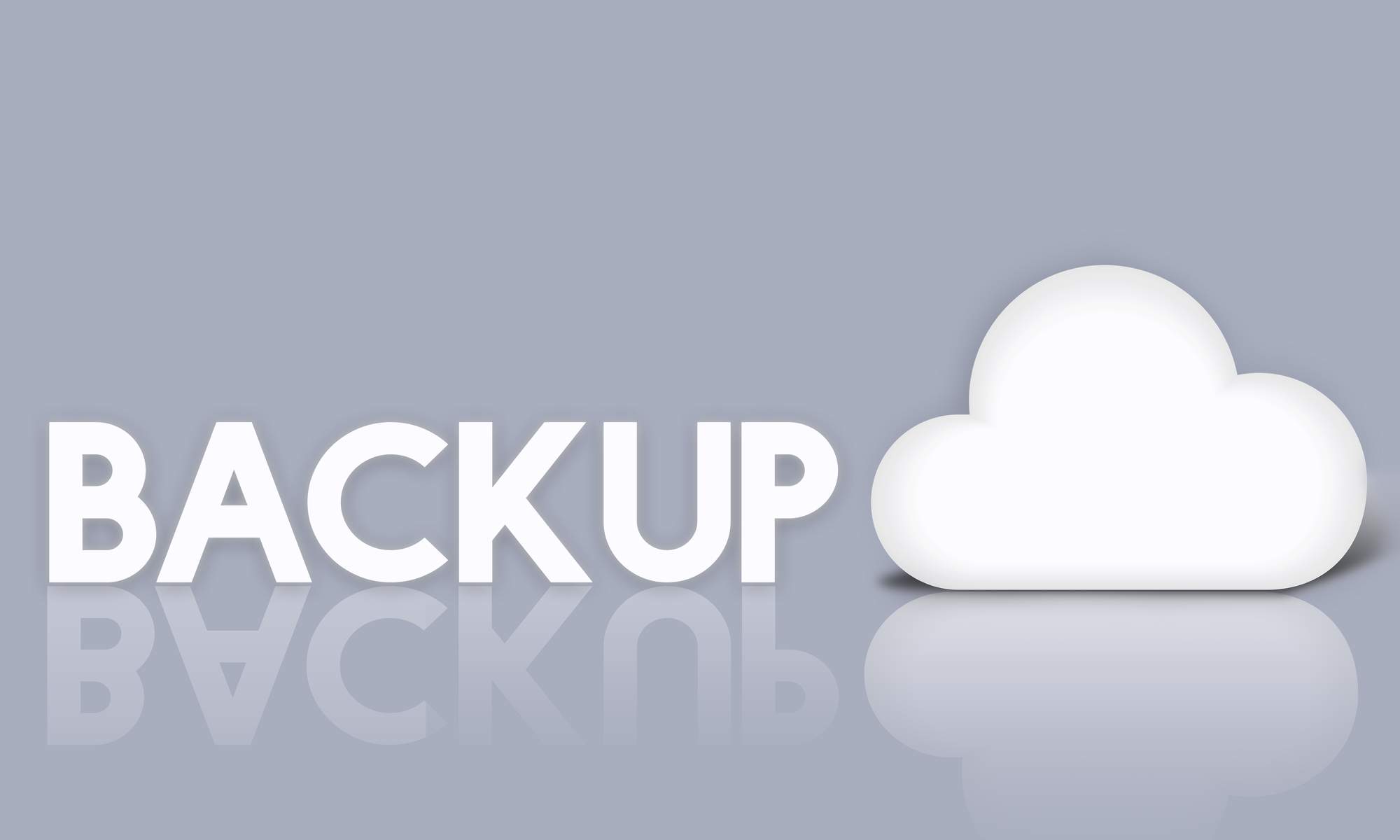
Blog / Three Main Benefits of Cloud Backups for Businesses
Plus a bonus cybersecurity perk of cloud backups!
The existence of the Cloud is a relatively new development compared with the need to backup data. Prior to the widespread adoption of the internet, data backups were generally kept in case of physical failure and corruption on devices, and were kept on premises using physical storage devices like floppy disks, then external hard drives and later USB thumb drives, all of which were already in use by the time the Cloud came rolling along in early-to-mid 2000s.
- Cost-effectiveness
- Scalability
- Accessibility
Cloud backups are more cost-effective to build and maintain
As a general rule we don’t advocate for the cheapest option when it comes to investing in IT, but by the same token, let’s be real and acknowledge a basic truth; businesses are always going to be looking to cut costs wherever possible. So although the scalability and accessibility enabled by backing up to the cloud are real benefits, perhaps the most persuasive argument for cloud backups is actually its cost-effectiveness. Paying a relatively small subscription fee to a cloud provider is often substantially cheaper than investing in the hardware, software, personnel, and yes, the physical space for your own servers and equipment needed to maintain backups on your own.
Cloud backups are scalable
Aside from being relatively cheap, another strong reason for committing your backups to the cloud is the cloud’s scalability. As your business grows, the amount of data you collect will grow as well, potentially exponentially. Rather than having to invest in new equipment, finding space for it, configuring it, and doing it all over again when you run out of storage capacity, partnering with an MSP with cloud-storage capacity means you can scale your data use up and down easily and without disruptions.
They can be accessed from virtually anywhere
When it comes time to access your backed up data for whatever reason, having to access it from a physical location on site can be extremely inconvenient and dramatically diminishes your capacity to respond to events as they develop. However, keeping your backup data stored in a cloud makes it much more accessible, particularly for remote workers. It also enables quick collaborations across vast distances, letting users from anywhere share data and files to other users anywhere with a few simple clicks.
They’re even effective against ransomware
To be clear, backups aren’t a means of defeating ransomware itself, just avoiding some of the worst results. That’s to say it’s much easier to effectively ignore paying a ransom for data when you can wipe your systems clean of everything, bugs included, and reload it all from the cloud in a matter of minutes. Indeed, cloud backups are typically more secure because cloud providers are regularly updating their defenses and actively researching new ones. Now that’s not to say the danger of a ransomware attack has passed; the attackers still have your data and may use it against you, so you still need to take precautions. Nevertheless, it’s big relief for most organizations to know that even if they suffer a ransomware attack, it will only cost them the time and effort to restore their system, rather than paying millions in ransom to a shady organization that may or may not give you the decryption key.
Of course there’s plenty of other benefits to using the cloud for your data backups, so if you’re curious how cloud backups can help reduce costs while providing scalability and accessibility for your organization, contact a TRINUS IT expert today and we’ll be happy to consult about your needs and how best to implement a cloud backup solution for you.
Sincerely,
The TRINUS Team
trinustech.com
https://www.semrush.com/projects/

















